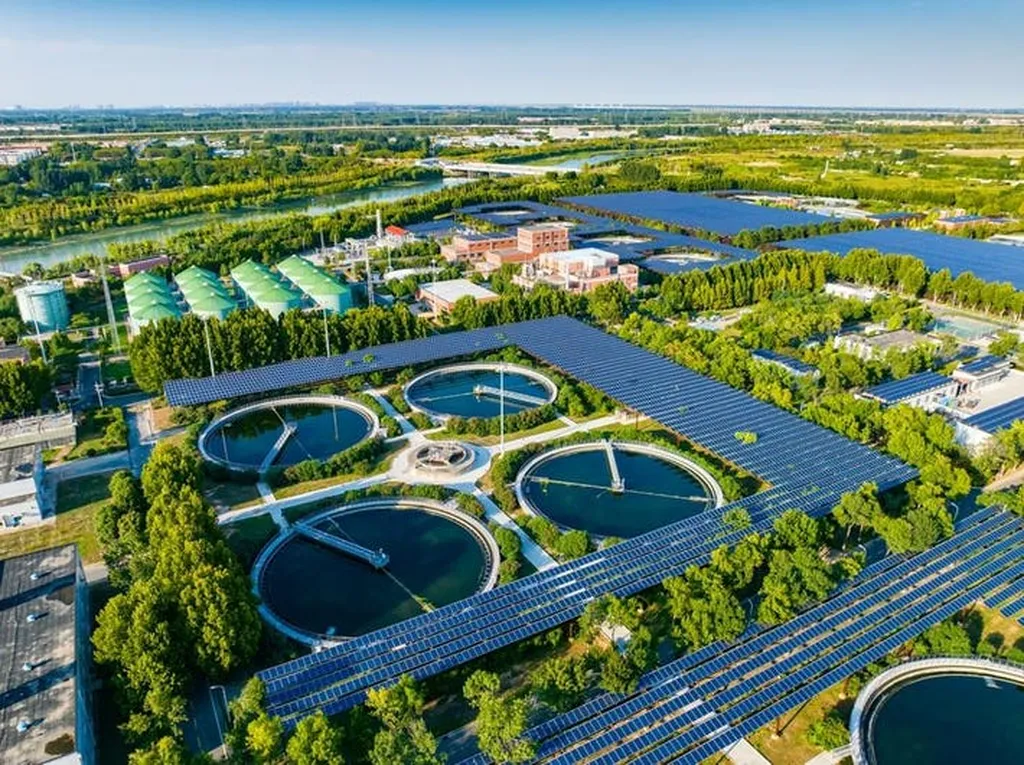In a groundbreaking study published in the journal *Next Energy* (translated from Arabic as “Next Energy”), researchers have unveiled a promising approach to enhance biogas production using renewable energy-based pretreatment methods, potentially revolutionizing the energy sector’s approach to sustainable sludge management. Led by Hassan A. Hameed Al-Hamzawi from the Ministry of Construction, Housing, Municipalities, and Public Works in Diwaniyah Governorate, Iraq, the research integrates solar thermal and ultrasonic pretreatments with anaerobic digestion (AD), offering a greener and more efficient alternative to conventional methods.
The study builds upon previous work that utilized microwave pretreatment, but with a novel twist: machine learning (ML) optimization. “We aimed to push the boundaries of what’s possible in biogas production,” Al-Hamzawi explained. “By leveraging renewable energy sources and advanced modeling techniques, we’ve demonstrated significant improvements in both efficiency and sustainability.”
The experimental phase involved lab-scale continuously stirred tank reactors (CSTRs), where solar thermal and ultrasonic methods outperformed microwave pretreatment. Solar thermal pretreatment achieved a 20.5% higher methane production, while ultrasonic pretreatment saw an 18.7% increase. Both methods also reduced energy consumption by approximately 40% and 35%, respectively, compared to microwave pretreatment.
The integration of machine learning models, such as Random Forest and Gradient Boosting, proved to be a game-changer. These models accurately predicted biogas yield and identified optimal pretreatment parameters, showcasing the potential of ML-driven optimization in the energy sector. “The accuracy of our models opens up new avenues for large-scale implementation,” Al-Hamzawi noted. “This could significantly reduce operational costs and enhance the overall efficiency of biogas production.”
A comprehensive life cycle assessment revealed that solar thermal and ultrasonic systems reduced the carbon footprint by 49% and 37%, respectively, compared to microwave pretreatment. This finding underscores the environmental benefits of adopting renewable energy-based pretreatments.
The implications of this research are far-reaching. By optimizing biogas production through renewable energy pretreatments and machine learning, the energy sector can achieve greater sustainability and cost-efficiency. “This study provides a robust framework for future developments,” Al-Hamzawi concluded. “It’s a step towards a more sustainable and economically viable energy future.”
As the world continues to seek innovative solutions to energy challenges, this research offers a compelling path forward, blending cutting-edge technology with renewable energy sources to enhance biogas production and reduce environmental impact. The findings, published in *Next Energy*, highlight the transformative potential of integrating advanced technologies in the energy sector, paving the way for a greener and more efficient future.

